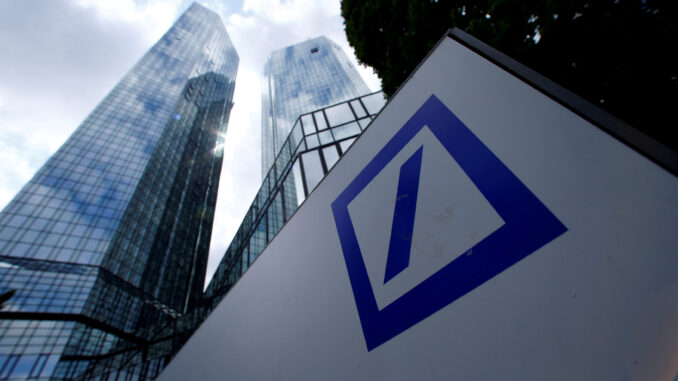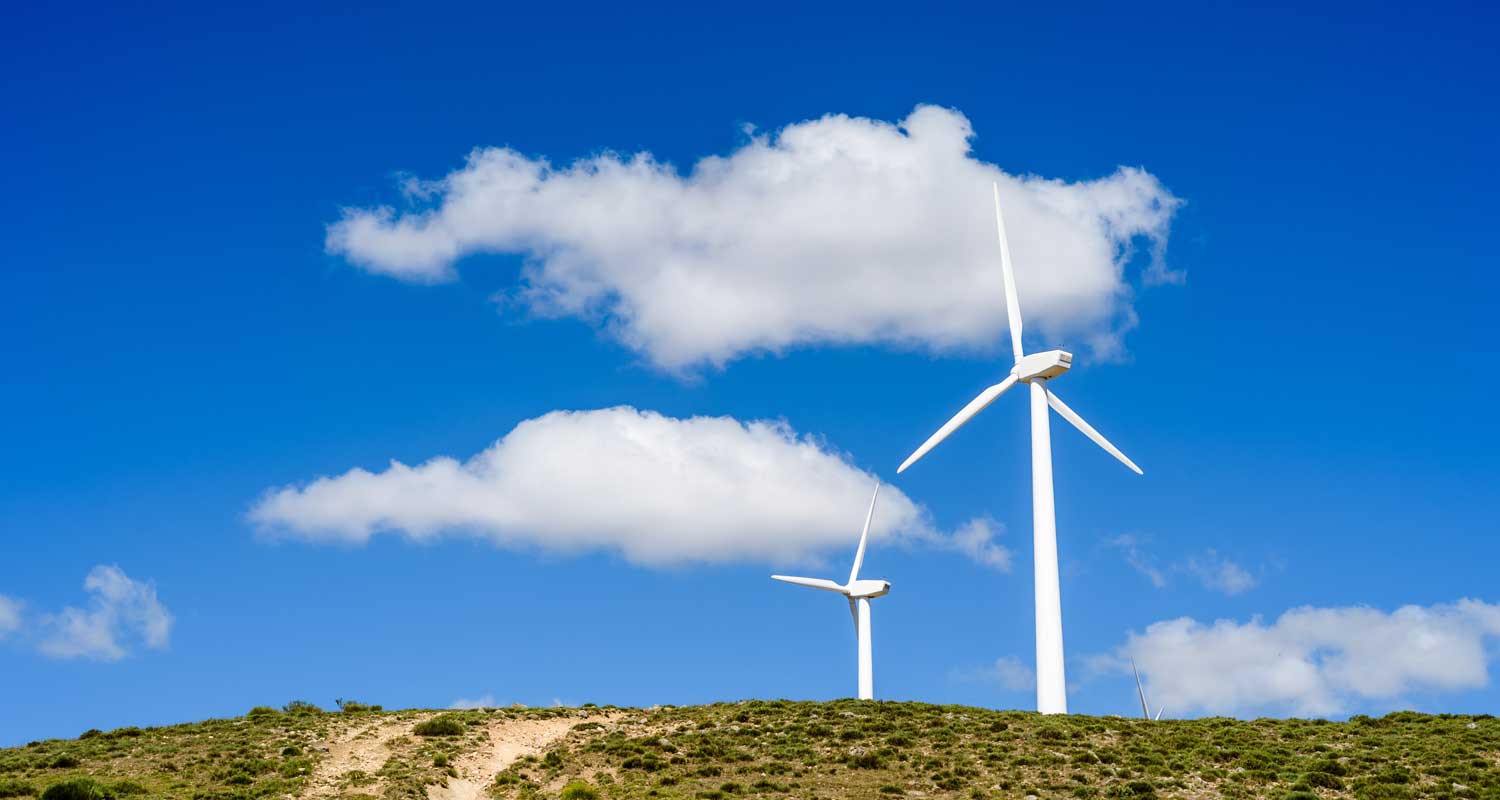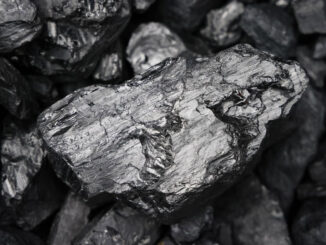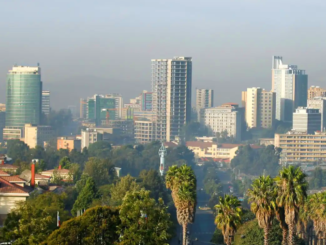
Despite Africa’s monumental fossil fuel and renewable energy potential, it faces high energy poverty levels, according to a new report.
And while efforts to shift to clean energy in Africa are positive – with several countries taking advantage of the enormous renewable energy potential – these efforts need to be coupled with the development of fossil fuel energy to speed up the transition, according to PwC’s new report, Africa energy review 2023: Africa’s challenges and opportunities in the energy transition.
The report looks at renewable energy across the regions and what is needed to drive efforts forward.
According to PwC Africa energy resources leader Andries Rossouw, the future for African energy involves “lower carbon technologies, driven by strategies that can see oil, gas and renewable production grow while reducing emissions to meet sustainability commitments”.
Investment into Africa’s renewables, oil and gas is pivotal to the continent’s growth. PwC Africa oil & gas leader Pedro Omontuemhen said: “Africa’s decarbonisation is important, but so is the eradication of energy poverty and improving energy security. Governments and the private sector need to collaborate so that investments in new technologies are optimised.”
Russia has reduced its supply of gas to Europe, and Africa has an opportunity to fill the gap — but it needs to act now, Omontuemhen said. “The solution for the power sector is not an ‘either/or’, renewables or natural gas proposition. It requires a multi-pronged approach to decarbonisation with renewables and natural gas power at its core.”
Gas will retain a critical role in power generation even as new power technologies emerge. “While significant emphasis has been placed on developing the hydrogen economy, it takes time to develop. However, it can play a pivotal role in Africa’s energy transition,” said PwC energy leader in East Africa David Tarimo.
Regional breakdown
North Africa has the greatest access to electricity. The area has significant oil and gas reserves, particularly in Algeria, Egypt and Libya, plus excellent solar photovoltaic electricity potential and wind resources. It is a net exporter of gas via a pipeline into the EU and has become important since Russian imports stopped.
West Africa is a net exporter of fossil fuels, primarily from Nigeria. Export growth will be driven by liquified natural gas (LNG) exports, with the Senegal and Mauritania Greater Tortue Ahmeyim LNG project coming online. There is also huge potential for investment and growth as 70% of the population is under 30 years of age.
Read: South Africa to prioritise energy security over climate goals
Central Africa’s energy sector is dominated by Angola’s oil exports. Angola is the only country that has started to invest in renewables, with the rest of the region negligible. “Both gas and renewable energy need to be developed to spur economic growth and reduce energy poverty in a region where population growth is 3.1% annually,” Rossouw said.
In Southern Africa, Namibia made significant discoveries in 2022 and 2023, primarily “oil plays”, which provide opportunities for the region to become energy sufficient, and in future an exporter. “The country’s business friendly and localisation legislation aims to stimulate growth,” said PwC South Africa energy law expert Roelof van Huyssteen.
 Southern Africa has significant solar and wind potential, with South Africa having installed 10GW of renewable projects. However, that is not enough to stop load shedding as the ageing coal infrastructure energy availability factor has dropped from 58% in 2022 down to 54% in 2023.
Southern Africa has significant solar and wind potential, with South Africa having installed 10GW of renewable projects. However, that is not enough to stop load shedding as the ageing coal infrastructure energy availability factor has dropped from 58% in 2022 down to 54% in 2023.
“Changes in legislation, the unbundling of Eskom into transmission, generation and distribution units, and the draft South Africa renewable energy plan all indicate that there is a drive to accelerate renewable energy deployment,” Van Huyssteen said.



